Cancer diagnosis is usually associated with concerns and anxieties around survival, as well as the psychosocial and economic costs of managing a chronic disease. Although this apprehension is similar across different age groups diagnosed with cancer, the experience of children and adolescents may be significantly different from the experience of adults and the elderly. The cancer experience can interfere with education and development and may constitute a major stressor to the patient as well as parents, siblings and extended families.
Given that around a third of child and adolescent cancer survivors report high levels of anxiety, it is important that psychosocial care aimed at mitigating the impact of these stressful events accompanies treatment and survivorship care. This need for support extends beyond diagnosis and treatment to the long-term survivorship period, which is often focused on the management of cancer late effects. This paper curates the latest in clinical research in regards to the role of the general practitioner (GP) in providing care during and after cancer treatment. The impact of the GP, on facilitating and supporting ongoing wholistic care, is presented as a personal case study, shared by a long-term survivor of childhood cancer and his own experiences with primary care.
Child and adolescents’ experiences by stage
Diagnosis
Lived experiences: Following a diagnosis, feelings are largely characterised by shock, fear, anger and anxiety. Coping mechanisms of denial and avoidance may also be experienced. There may also be a feeling of social isolation and concerns with body image.
The role of the GP: At the point of diagnosis the GP may help the family to process medical information and answer questions. The GP may be mindful of the needs of other family members and ensure acute or chronic illnesses continue to be addressed amid the chaos that sometimes accompanies a new cancer diagnosis.
Treatment
Lived experiences: At this stage there may be distress associated with accepting the reality of a cancer diagnosis. During treatment children and adolescents experience both physical (pain, fatigue) and emotional (grief, anger, and fear for the future) challenges.
The role of GP: The GP can support both the patient and their family and ensure that they understand treatment options and are engaged with all treatment protocols. This can be attained through regular communication with the patient and their family.
Survivorship
Lived experiences: Though survivors may experience joy as they celebrate survival and the completion of intense treatment regimens, they may also experience feelings of uncertainty, fear of recurrence, post traumatic stress disorder, financial toxicity, and stressors due to the ongoing need to manage multiple co-morbidities.
The role of the GP: The GP may assume an active surveillance role for long-term effects and make timely specialists referrals. The GP has a valuable role in continuously promoting positive health behaviours and providing psychosocial support or referral for the family if needed.
Bereavement
Lived experiences: The loss of a family member is characterised by grief and changes to family dynamics (e.g., parent-child and marital dyads).
The role of the GP: As a clinician who knew the patient and family, their ongoing care of remaining family members is important. Encouraging ongoing self-care and health behaviours, as well as support navigating psychosocial care pathways is important.
Case study
The experiences of a long-term childhood cancer survivor, seeking support for the treatment of late effects, was featured in this article.
“… At age 20, I had a fertility test…It came back negative, azoospermia...Of course, the GP couldn’t change anything, but it would have been a great time to point me towards some help or support. I should have done it myself, but I was traumatised…I was referred to a specialist who treated me like everyone else, ignored my history and put me through several years of torture…I felt weak, humiliated and suicidal. Finally, when I re-engaged with the multidisciplinary team at the childhood cancer long-term follow-up clinic, I met a new endocrinologist who changed my life completely – instantly” (A survivor’s voice).
Funding
The Behavioural Sciences Unit (BSU) is proudly supported by the Kids with Cancer Foundation. JM is supported by the Medical Research Future Fund, Australian Brain Cancer Mission, Brain Cancer Survivorship Grant (MRFBC000002). CEW is supported by a Career Development Fellowship from the National Health and Medical Research Council of Australia (APP1143767). CS is supported by a CINSW Early Career Fellowship (2020/ECF1144). This work has been supported by a Medical Research Future Fund (MRFF) Brain Cancer Survivorship grant (MRFBC000002).
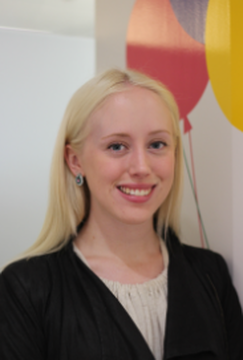
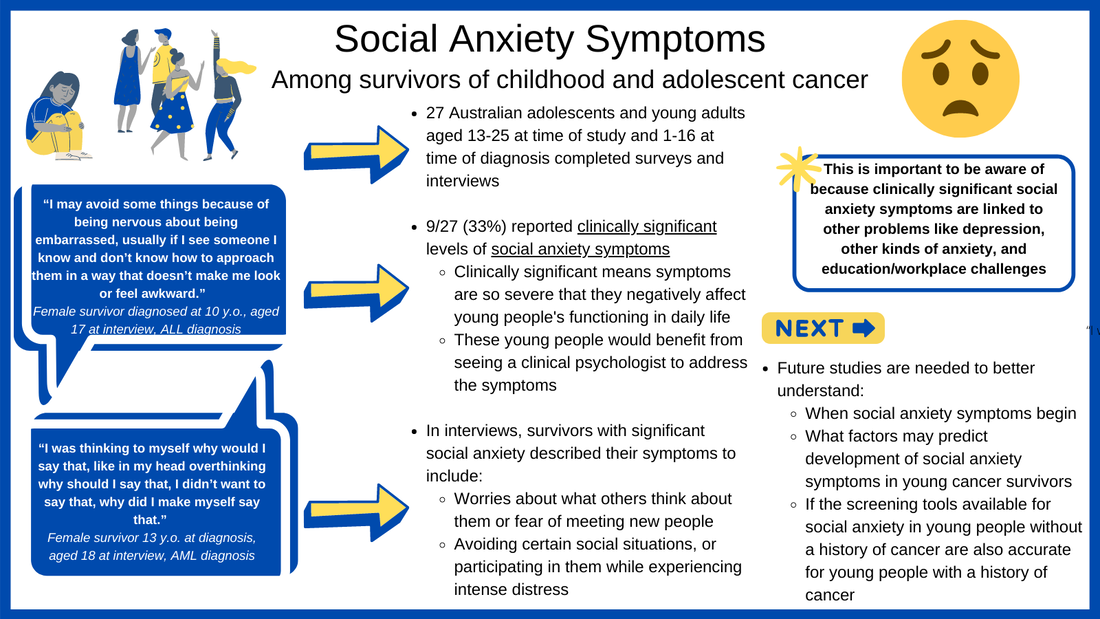
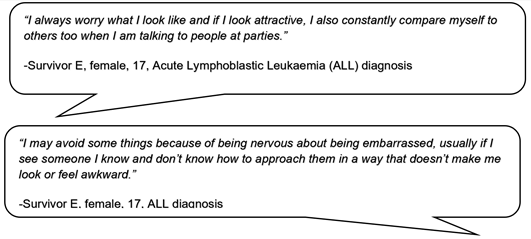

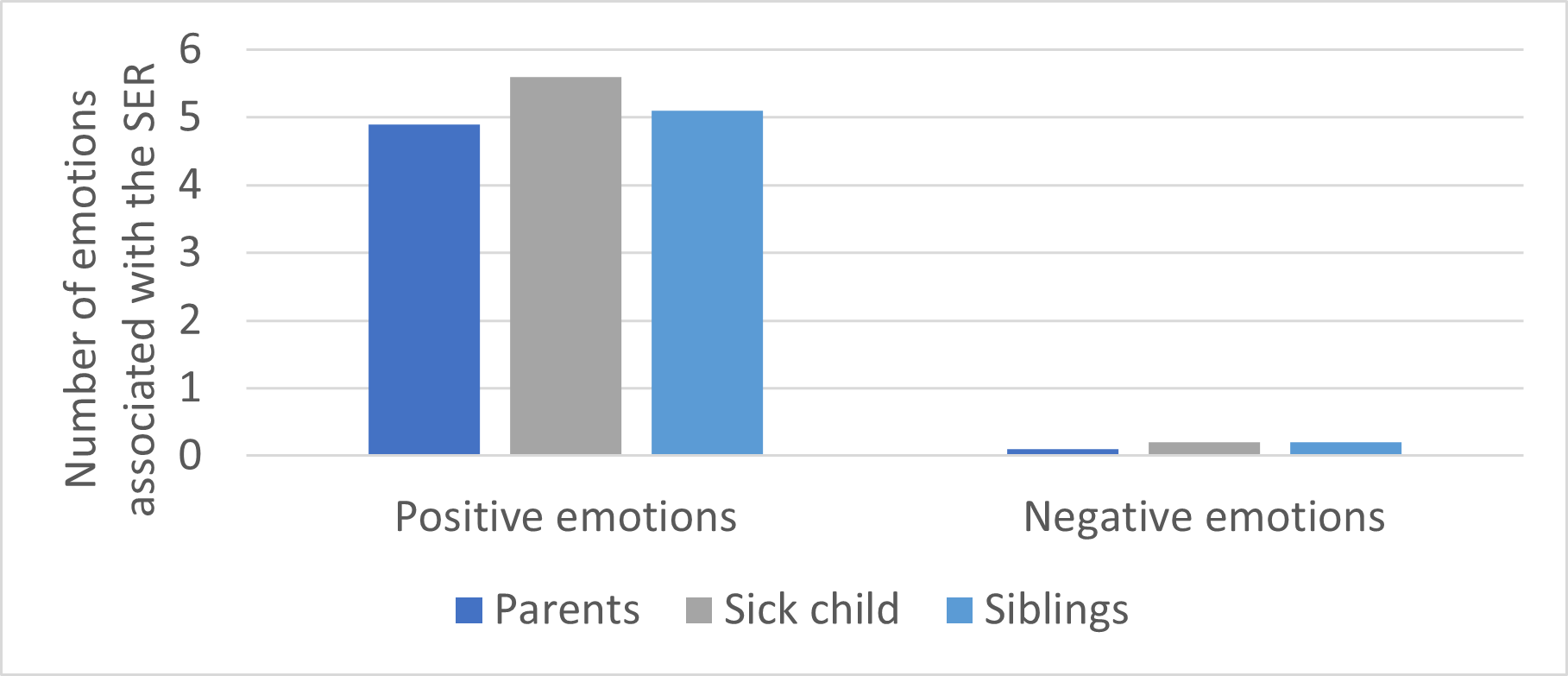
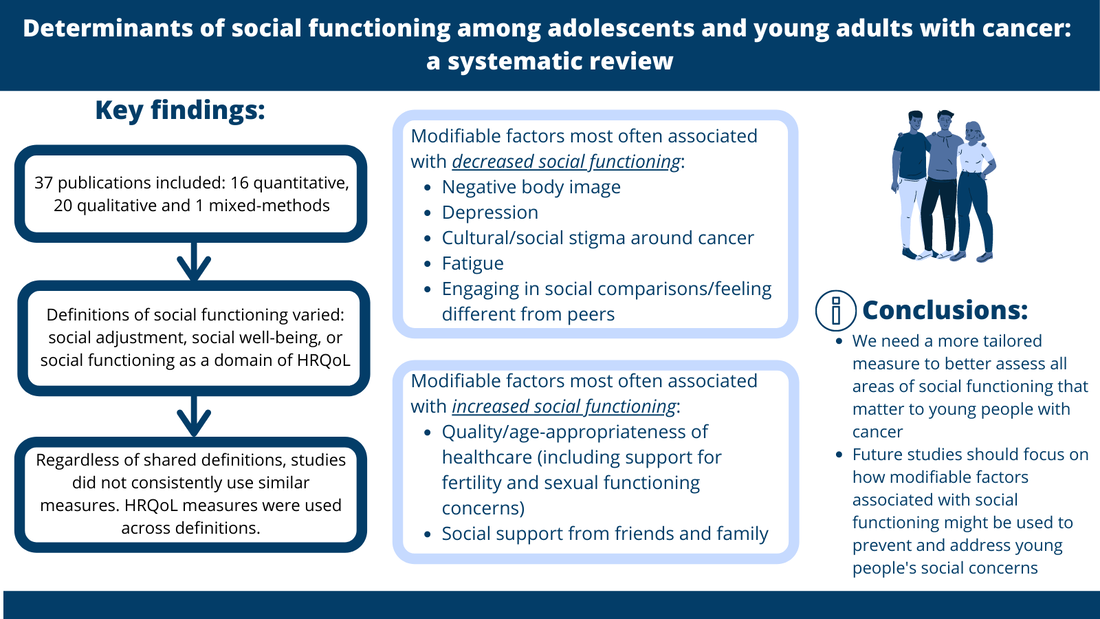
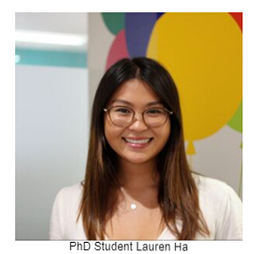
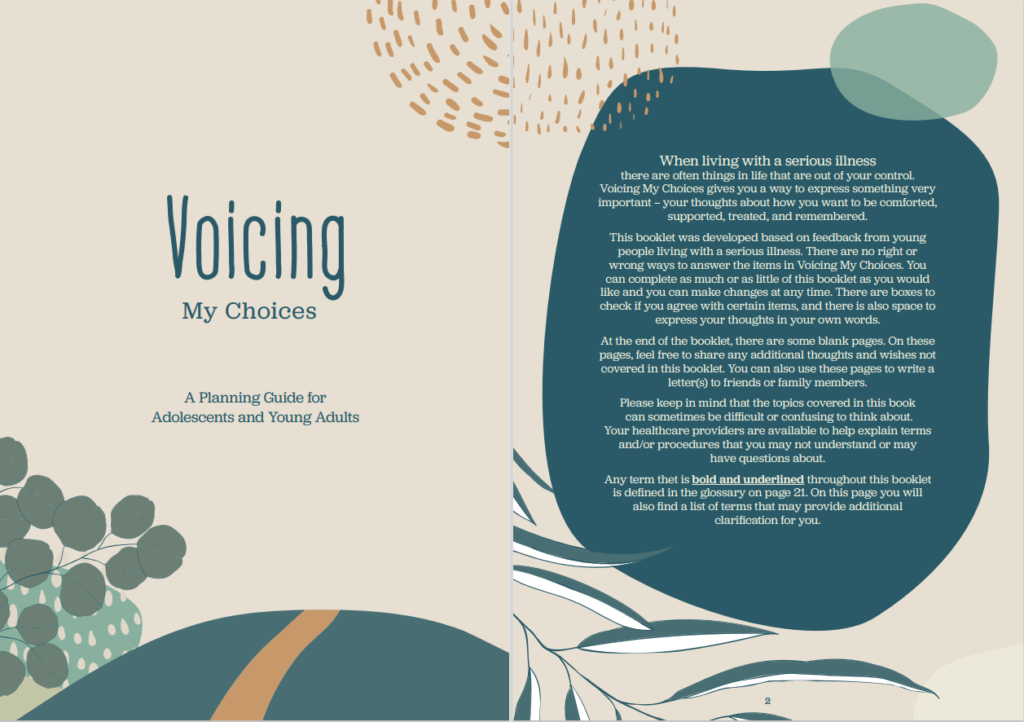
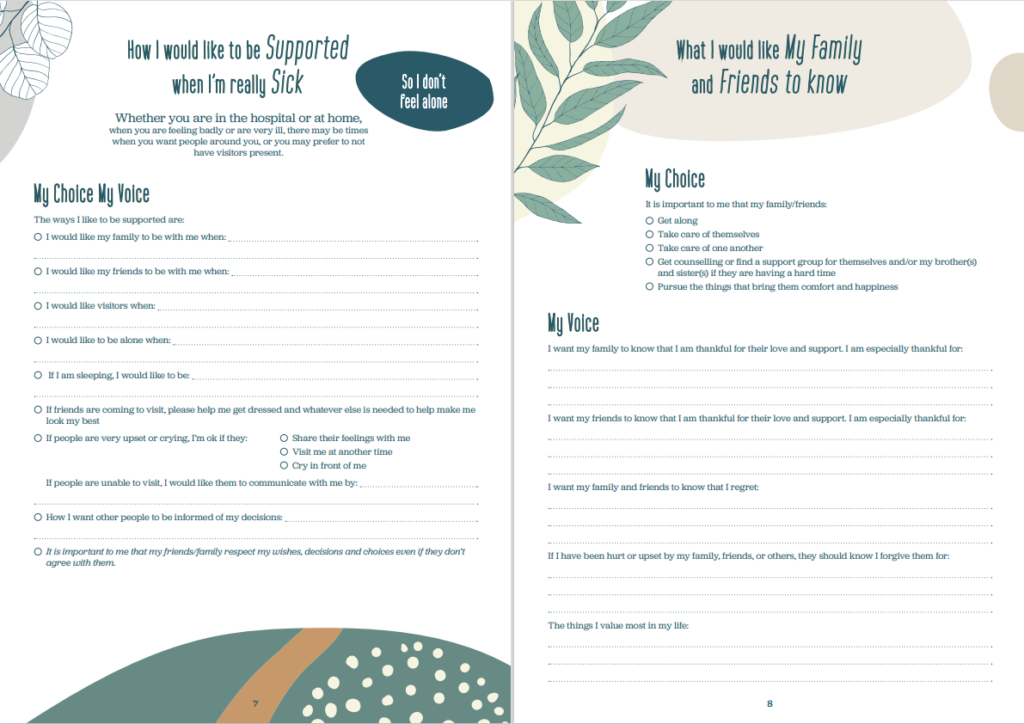
 RSS Feed
RSS Feed